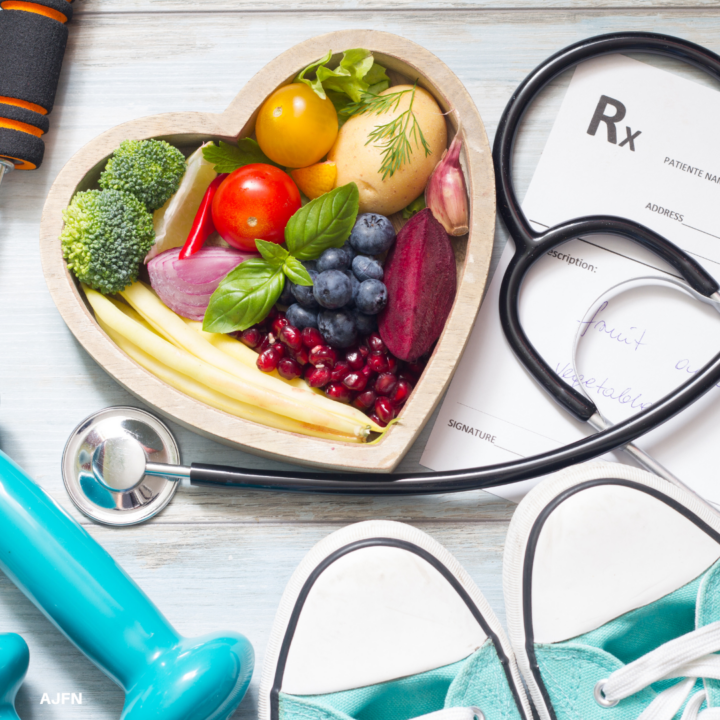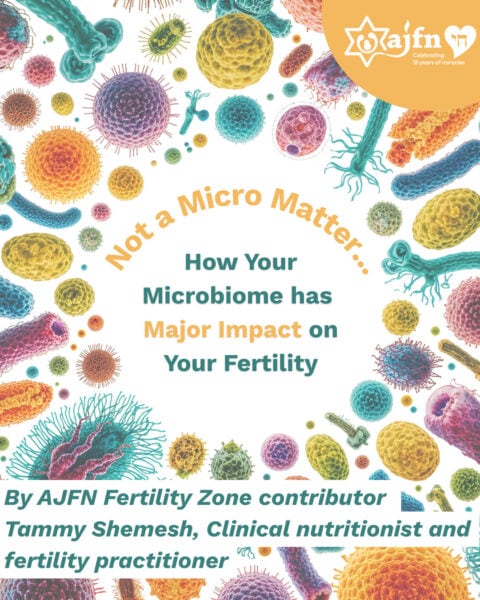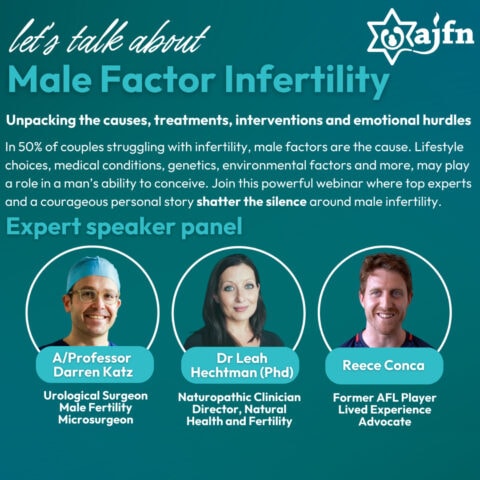There are many things you can do to improve your chance of conceiving a healthy baby. Here’s a list of proven ways to get your body ready for pregnancy:
- Manage your weight
- Get into a good exercise routine
- Eat well
- Cut out alcohol, smoking and recreational drugs
- Reduce caffeine intake
- Track your ovulation
- Start taking pre-pregnancy supplements
- Reduce exposure to harmful chemicals in the home and workplace
- Get a dental check-up
- Manage health conditions
- Don’t leave it too late
- Book a pre-conception health check with your GP
Visit www.yourfertility.org.au for information and a range of videos, interactive tools and personal stories to help improve your chance of becoming pregnant and having a healthy baby.
Manage your weight
Being in the healthy weight range increases your chance of conceiving and having a healthy baby. If you’re overweight, losing even a small amount of weight (3-5kg) can improve your fertility and reduce the risk of pregnancy complications.
Get into a good exercise routine
Exercising regularly improves general health and boosts fertility. Try for 30 minutes of moderate to vigorous activity, such as brisk walking or jogging, every day.
Eat well
Eating a well-balanced diet including a variety of healthy foods will help get your body baby-ready. The Mediterranean diet is a great example of a well-balanced diet.
Cut out alcohol, smoking and recreational drugs
Smoking, alcohol and recreational drugs can cause fertility problems and increase the time it takes to conceive. They can also affect the quality of your eggs and the health of your future baby.
Reduce caffeine intake
Some studies have found that women who drink large amounts of caffeine may take longer to become pregnant, so aim for 200mg (about two cups of coffee) or less per day.
Track your ovulation
Timing sex for pregnancy can be tricky, so start tracking your menstrual cycle to figure out how long it goes for and when you’re likely to ovulate. Some women notice their vaginal mucus becomes clear, slick and slippery a few days before they ovulate. This is the best time for sex to conceive. Try the ovulation calculator at www.yourfertility.org.au
Start taking pre-pregnancy supplements
Taking the recommended doses of folic acid (at least 400 micrograms a day) and iodine (150 micrograms a day), at least one month before conception reduces the risk of some serious birth defects.
Reduce exposure to harmful chemicals in the home and workplace
Some chemicals found in everyday products can affect women’s reproductive health and reduce the chance of getting pregnant. For a list of chemicals to avoid check out www.yourfertility.org.au
Get a dental check-up
Gum disease can affect your health during pregnancy and the health of your baby. See your dentist for a check-up before trying to conceive.
Manage health conditions
Some medical conditions affect fertility including PCOS, endometriosis, diabetes and sexually transmitted infections like chlamydia. Get advice from your doctor about medical conditions and any medications you are currently taking.
Don’t leave it too late
Women younger than 35 have a better chance of getting pregnant and having a healthy baby than older women. So, if you’re in a position to start trying, sooner is better than later.
Book a pre-conception health check with your GP
See your GP to make sure you are as healthy as possible before trying for a baby. Your GP can also check your vaccinations are up to date so you have immunity against infections that could harm a baby.
Your Fertility is a national public education program funded by the Australian Government Department of Health and the Victorian Government Department of Health and Human Services.





